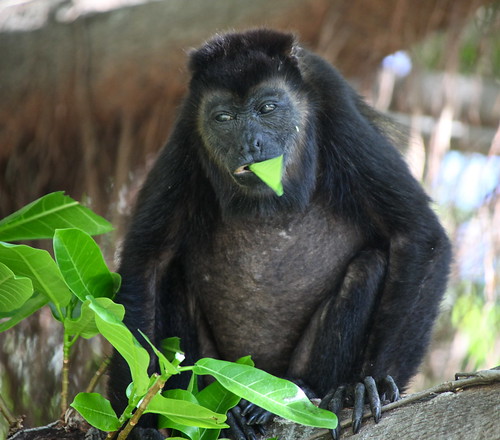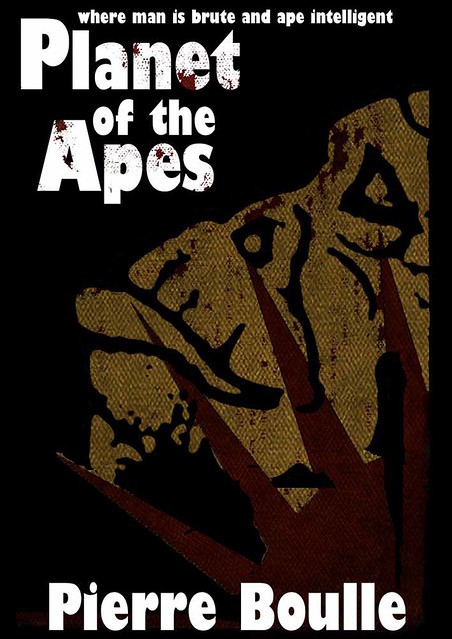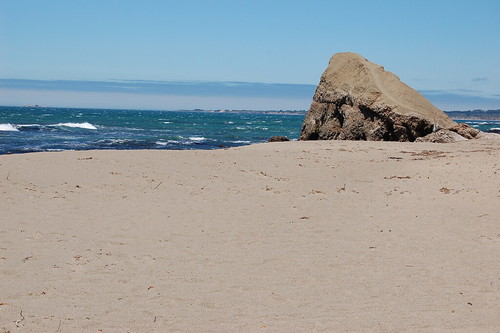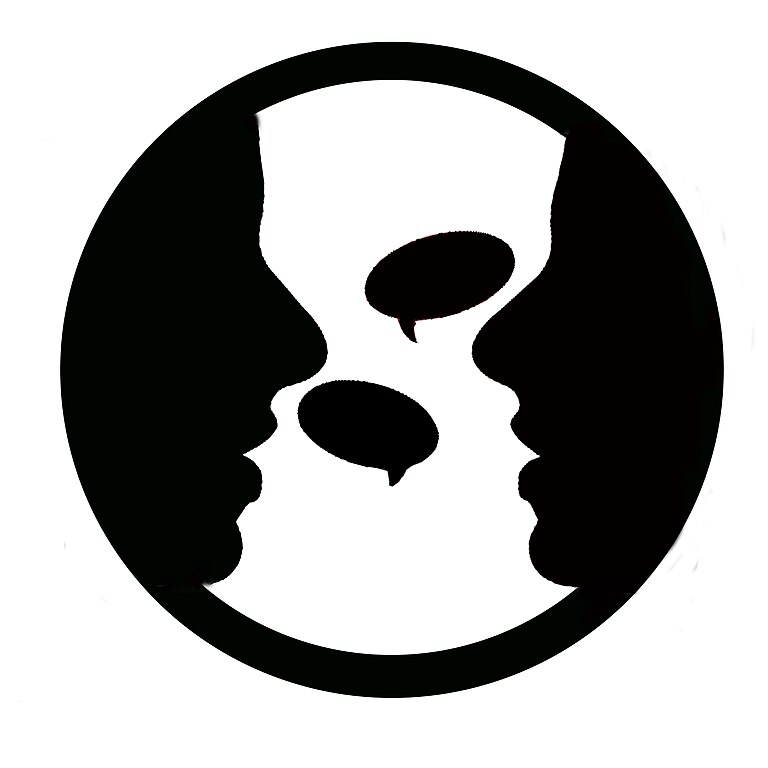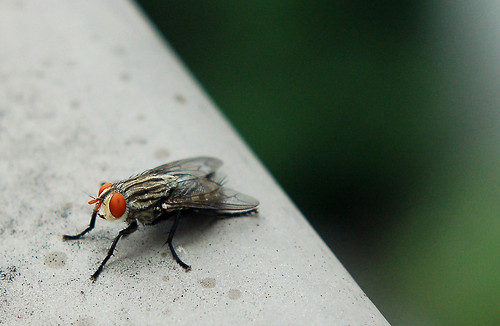I've always found Planet of the Apes to be a rather frightening story. I don't want a forced lobotomy, after all, and I just can't live in a cage. I like to pace when I think, and that would be maddening. But I didn't know that one of my favorite classic sci-fi movies was actually based on a French book. Did you?
The Book
La Planète des Singes, or Monkey Planet, was released in France in 1963. Pierre Boulle, the author, was already familiar with writing for American audiences. His other best-known novel is Bridge on the River Kwai.
The story isn't about America, anyway, it's about the entire world. It opens with three astronauts who are visiting a planet near the star Betelgeuse. They discover that the atmosphere is somewhat Earth-like, so they name the planet Soror. The water is drinkable, the air is breathable and the vegetation is tasty. So everything looks pretty good...at first.
Then the astronauts go swimming and see a young woman. She kills their companion, a chimp named Hector. Things go downhill from there as far as the local population is concerned. The planet is populated by human-like creatures, but they are frighteningly primitive in nature. In fact, the astronauts are briefly captured.
That's when they see the other occupants of the planet, ape-like creatures who wear clothing and carry guns. Several of the human-like creatures are killed, including one of the astronauts, by an ape hunting party. Ulysse, the main character, is captured by the apes.
He's taken to a research facility in a large city. Tests are conducted, and one of the researchers (Zira) becomes interested in the new test subject. Things happen, and there are a few twists and turns toward the end. The book has been translated, so you don't need to be fluent in French to read it. But you can also watch the movie if you like...and it is thoroughly American.
The Film
The first (and greatest) film version of Planet of the Apes was released in 1968 and it stars Charleton Heston -- so really, it's just not going to get any better than that. The movie was a gigantic hit right away, spawning a franchise that's still quite alive and kicking. Watch it today and the film looks dated, but in 1968 the special effects and makeup tricks were absolutely dazzling.
The lead character's name is changed to Taylor (good call) but much of the story and characters from the original book are still intact on film. Plus, Charleton Heston runs around in a loincloth practically the entire time. The movie also completely invents my favorite moment of the film, which you've probably seen spoofed a hundred times, when Heston screams "take your stinking paws off me, you damn dirty ape." The insult is regrettable, but the delivery of the line is masterful.
If you've never seen it, see it. The ending of Planet of the Apes is utterly mind-blowing. This movie has been done and re-done and done again in skit shows, cartoons and on film, but this is the definitive version.
However, a newer one was made in 2001. It's a "loose" remake that was directed by Tim Burton, so you can probably guess how closely this version of the story mirrors the original (or even reality). Mark Wahlberg stars in it, Burton's wife is on board as usual and everything is different. But the fact that a film got made at all is a credit to the entire cast and crew.
The remake was put into development in 1988, after all. It was scrapped just before pre-production. Had it not been, you might be reading about Return of the Apes starring Arnold Schwarzenegger instead. Alas, the scriptwriter got into a dispute with Fox and the project was forgotten for a long, long time.
Wahlberg plays Leo Davidson in this version and he's on a US space station. This time, he ends up in a space pod chasing a chimpanzee named Pericles. The story pretty much goes off on a dozen different tangents from there, and it's quite different from any other version.
What Got Adapted?
Planet of the Apes is one of those stories that everyone's sort of familiar with, but it all started with just one book. There have been numerous sequels, prequels, remakes and spoofs, but there is just one original story. The really big twist is the ending of the book -- which is different on film. You'll have to read it to see what I mean.
Dr. Zaius has a bigger role on film, but it's well worth it because he becomes more of a true villain as well. There's more to the story in the novel, and the theme of man vs. animal much more strongly pronounced. Read the book, watch the movie and see what you think of them both.







